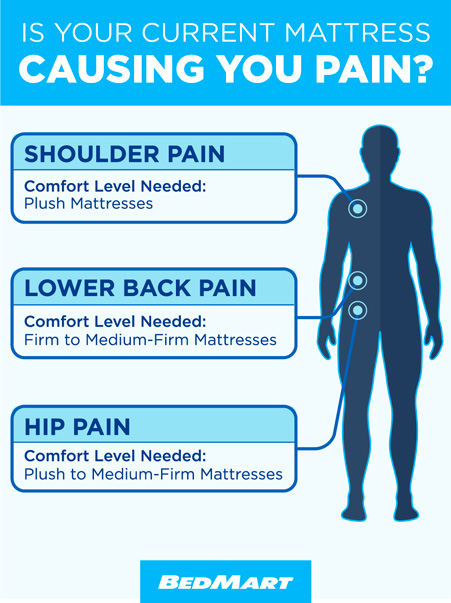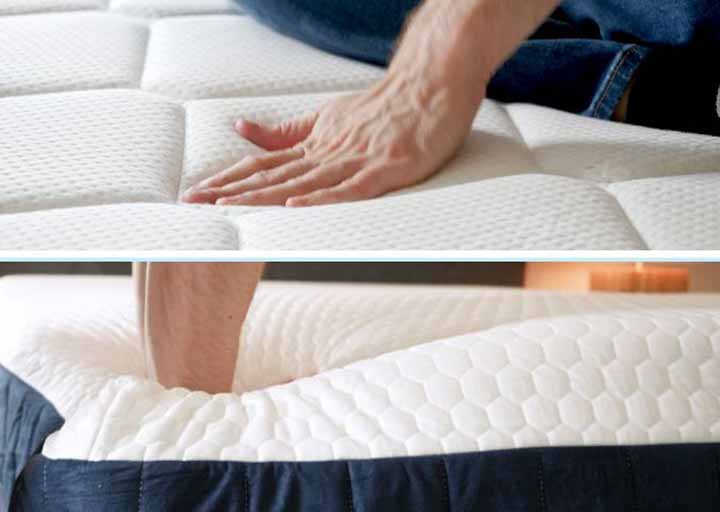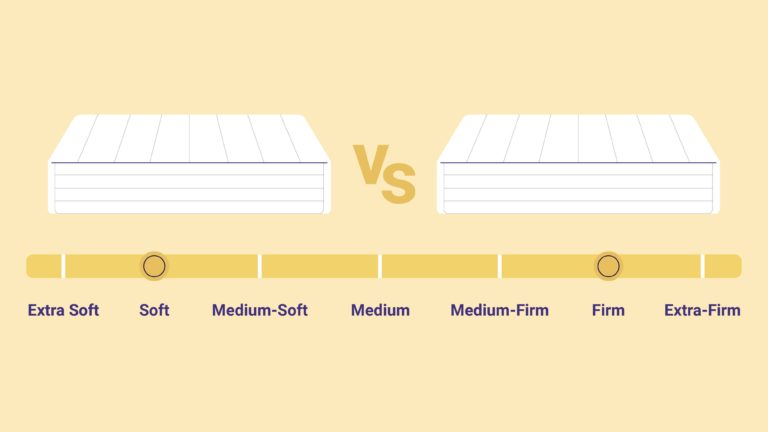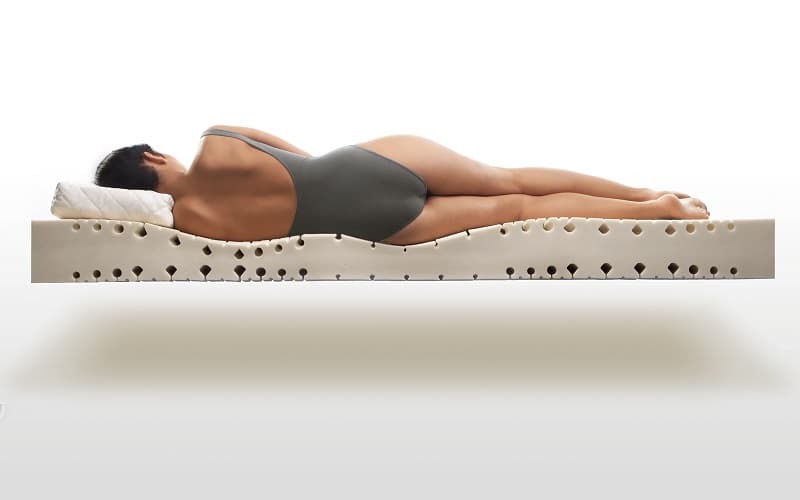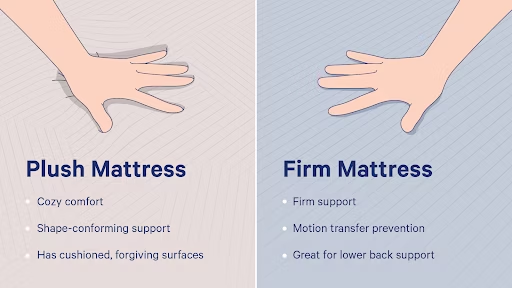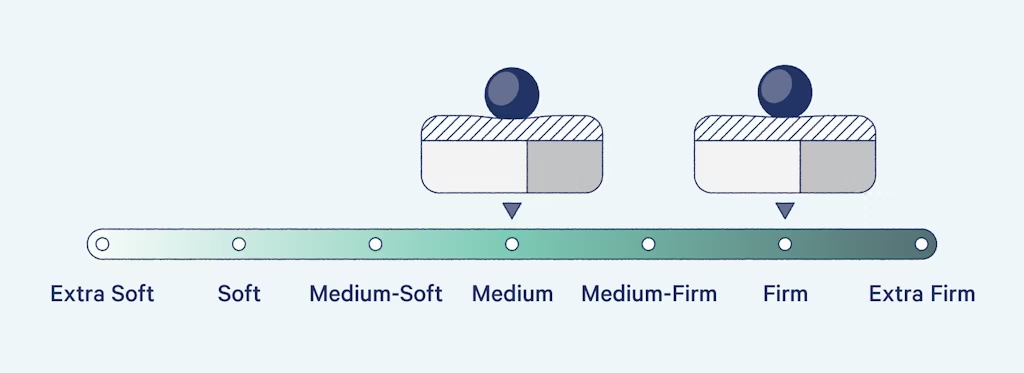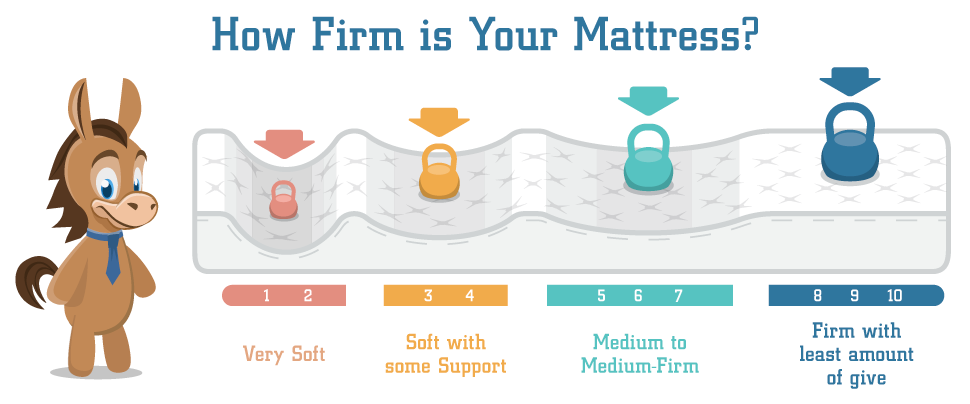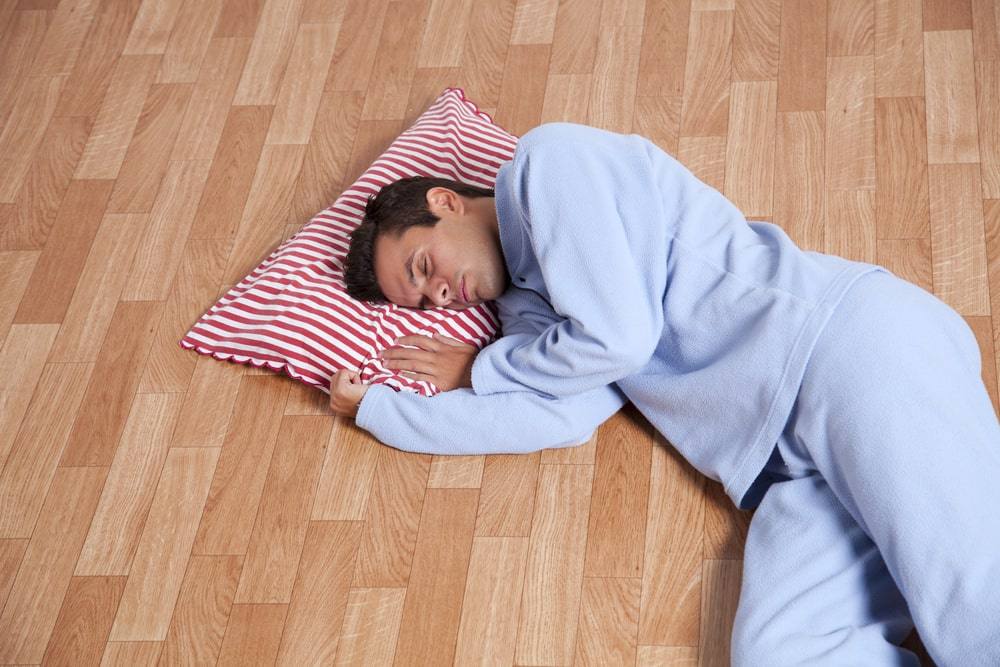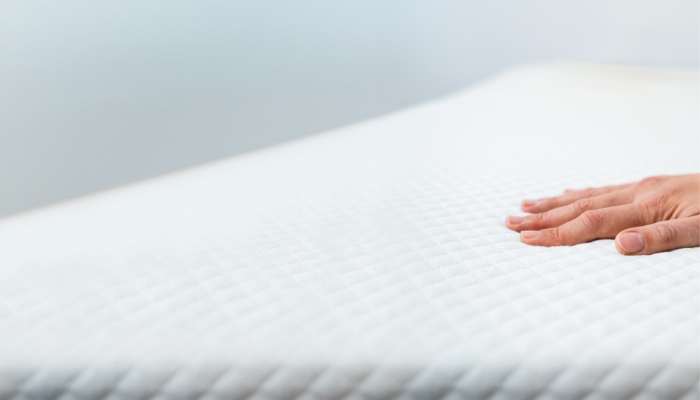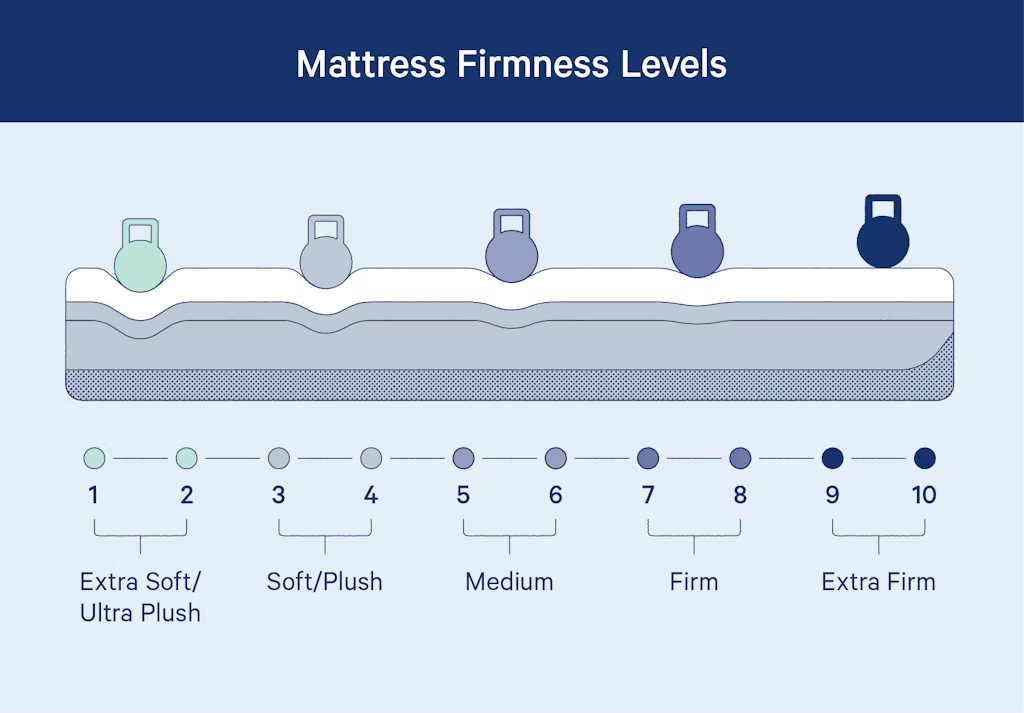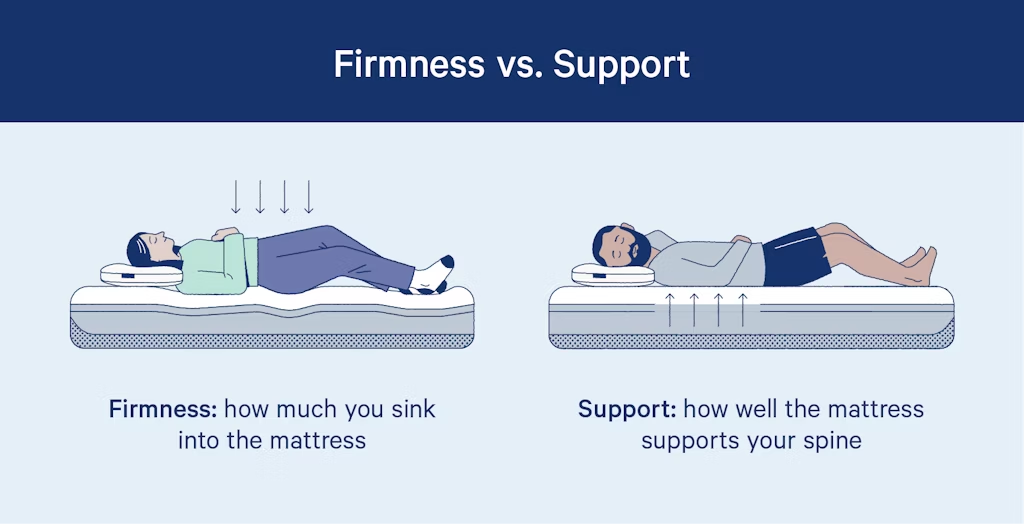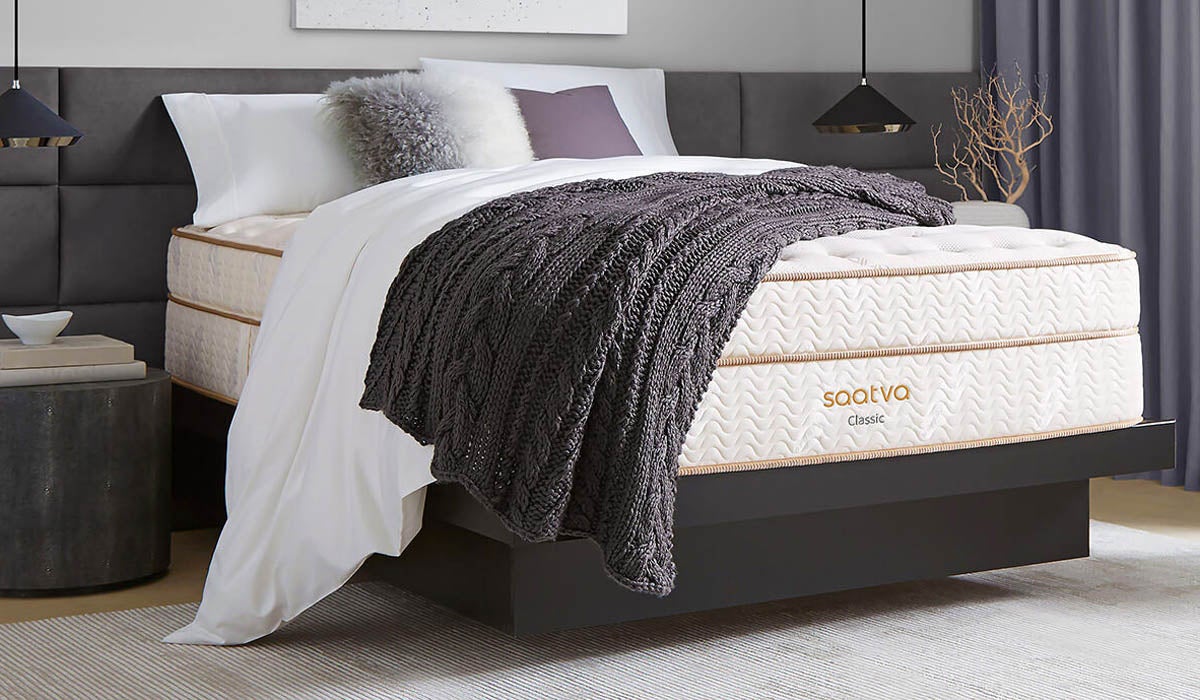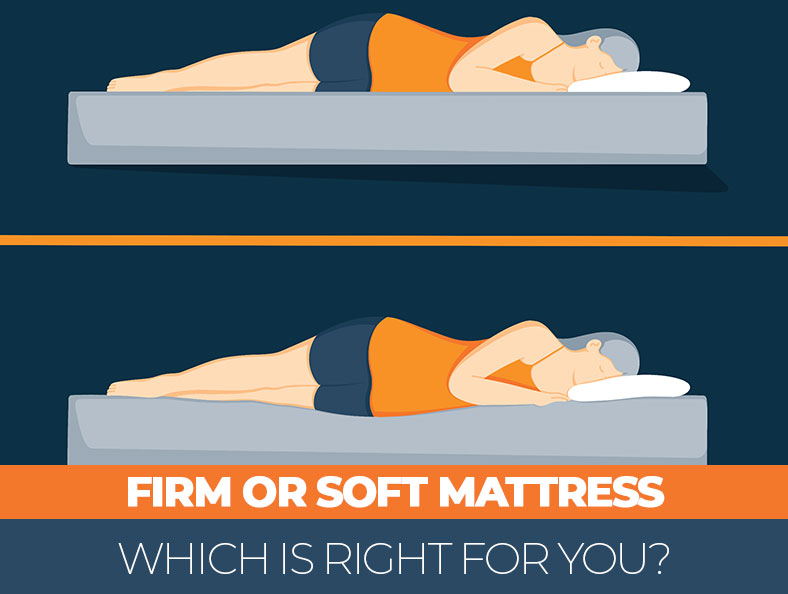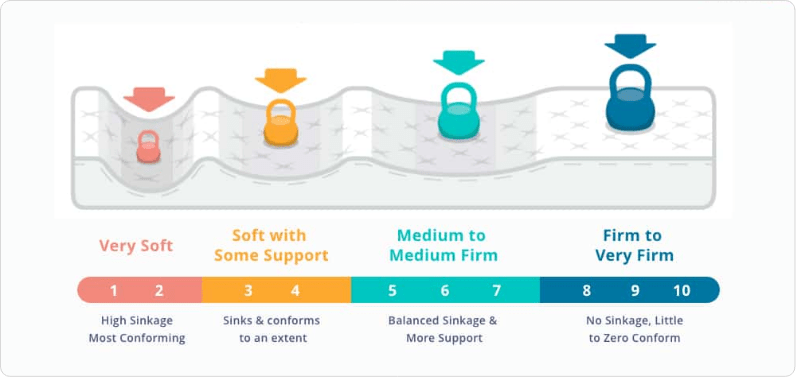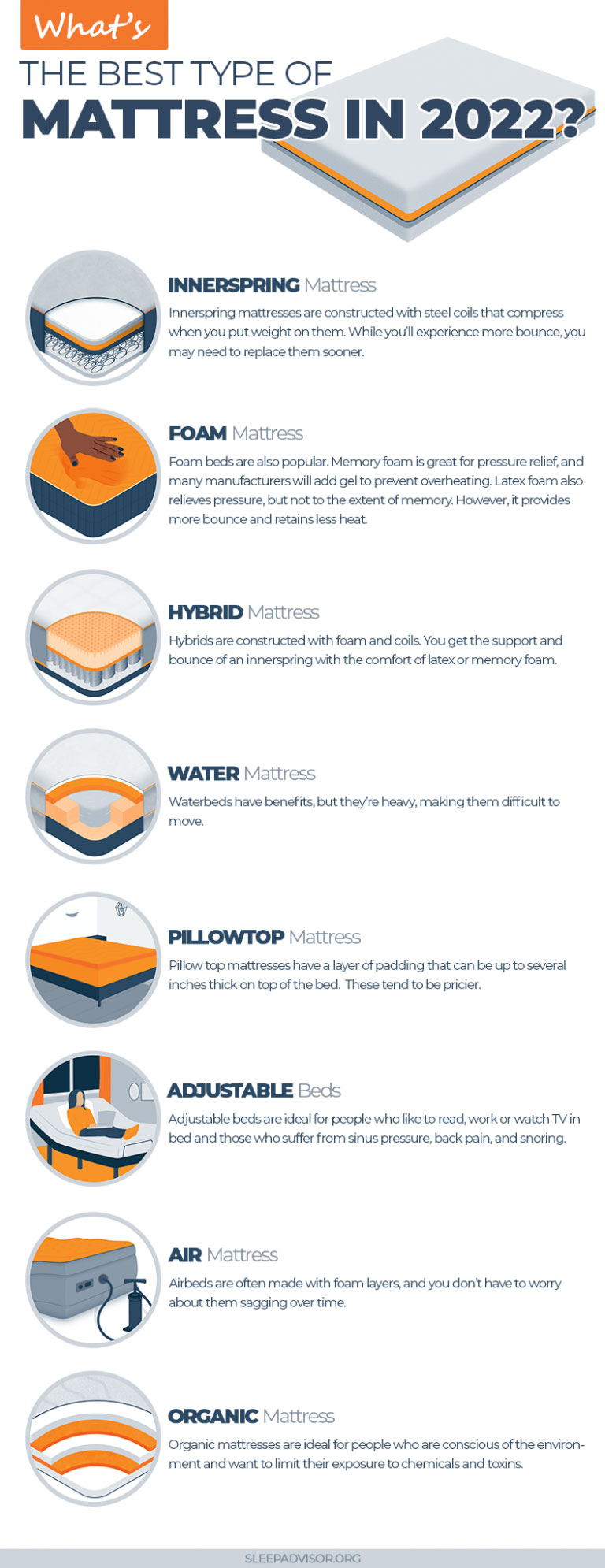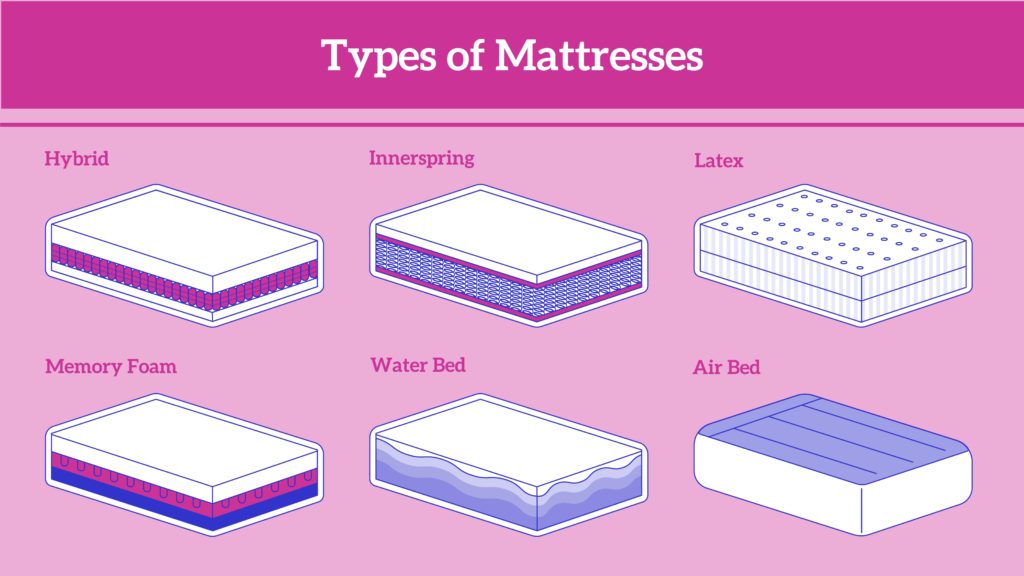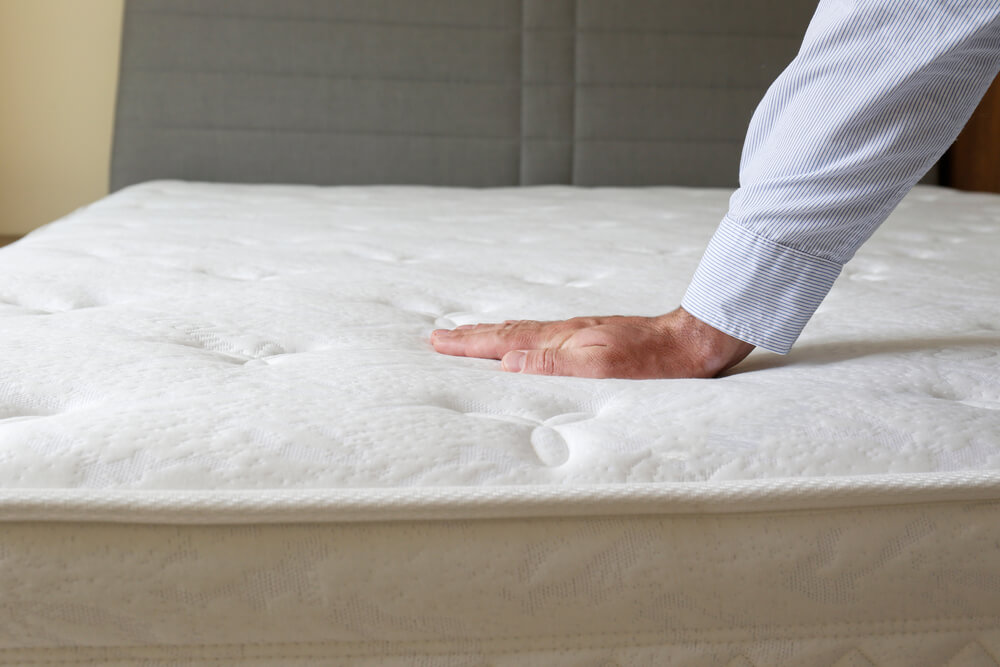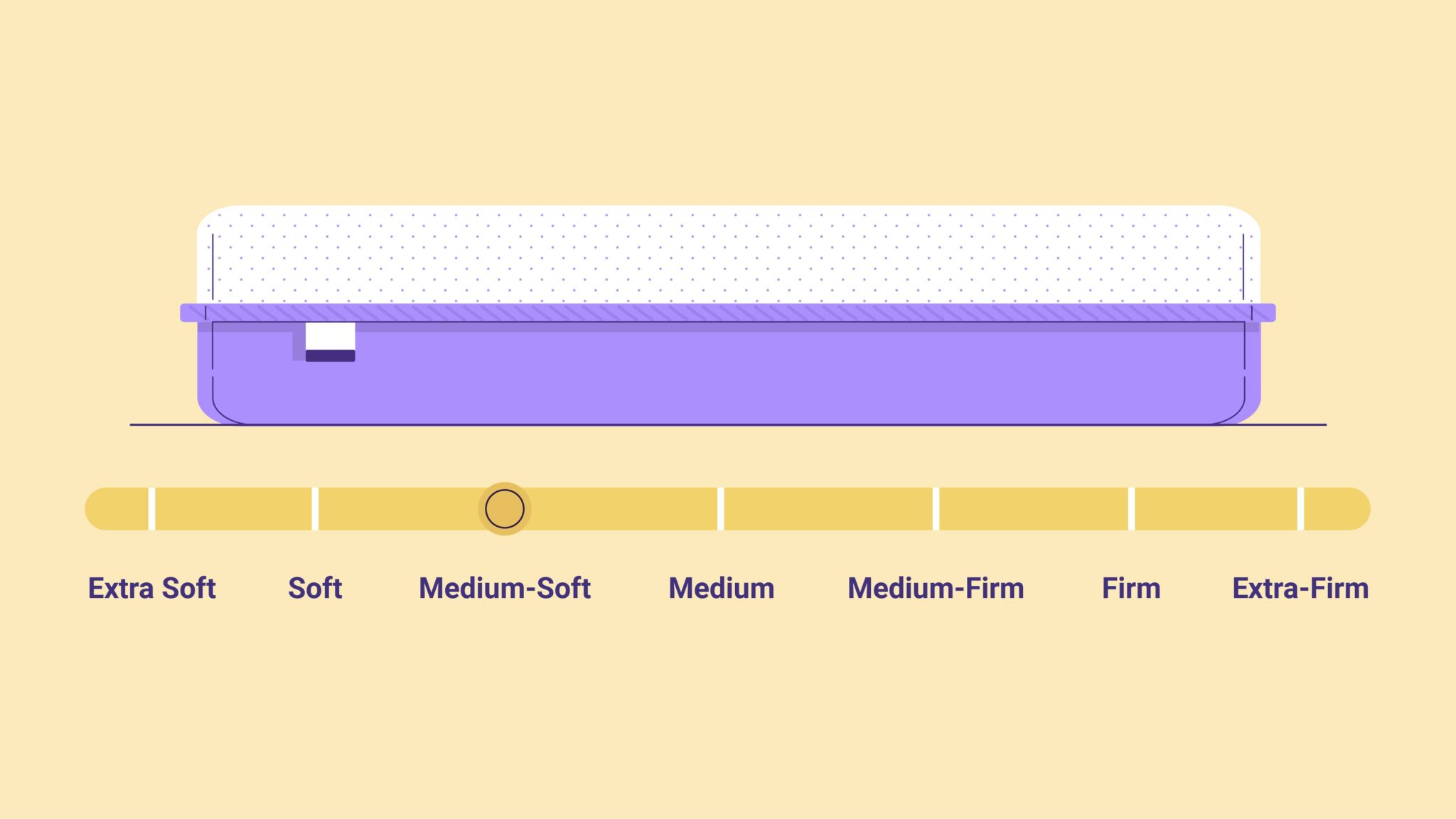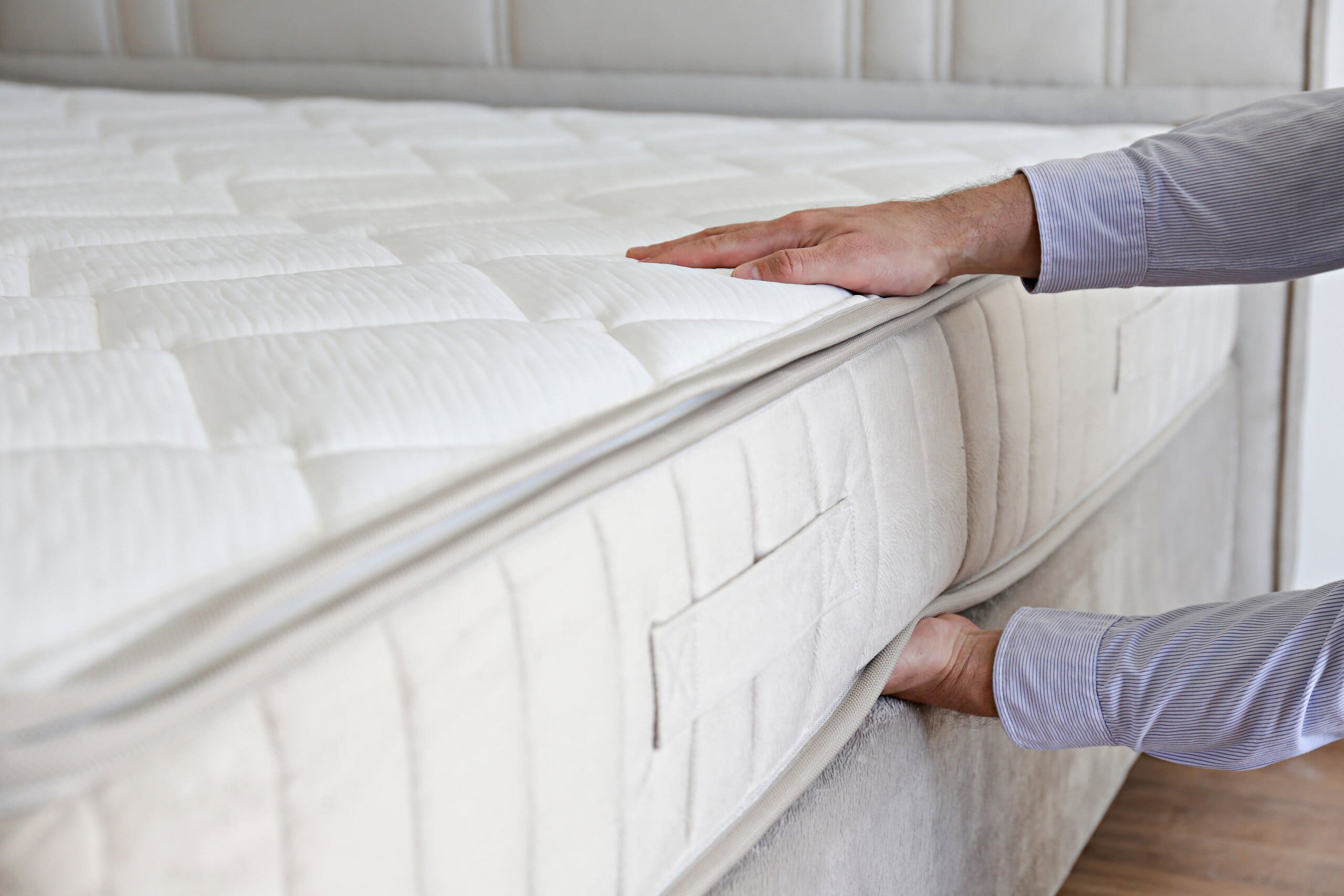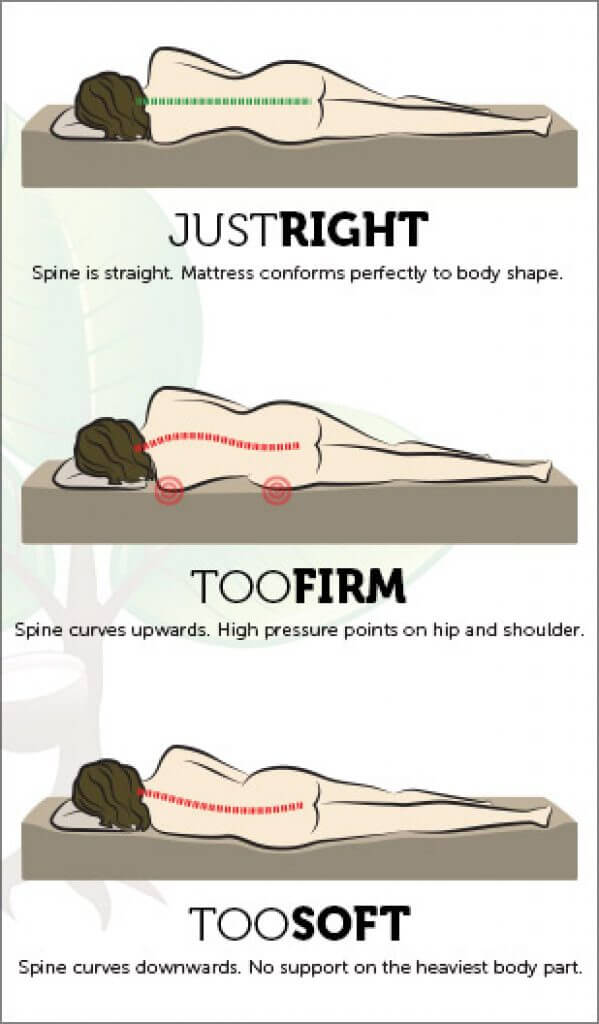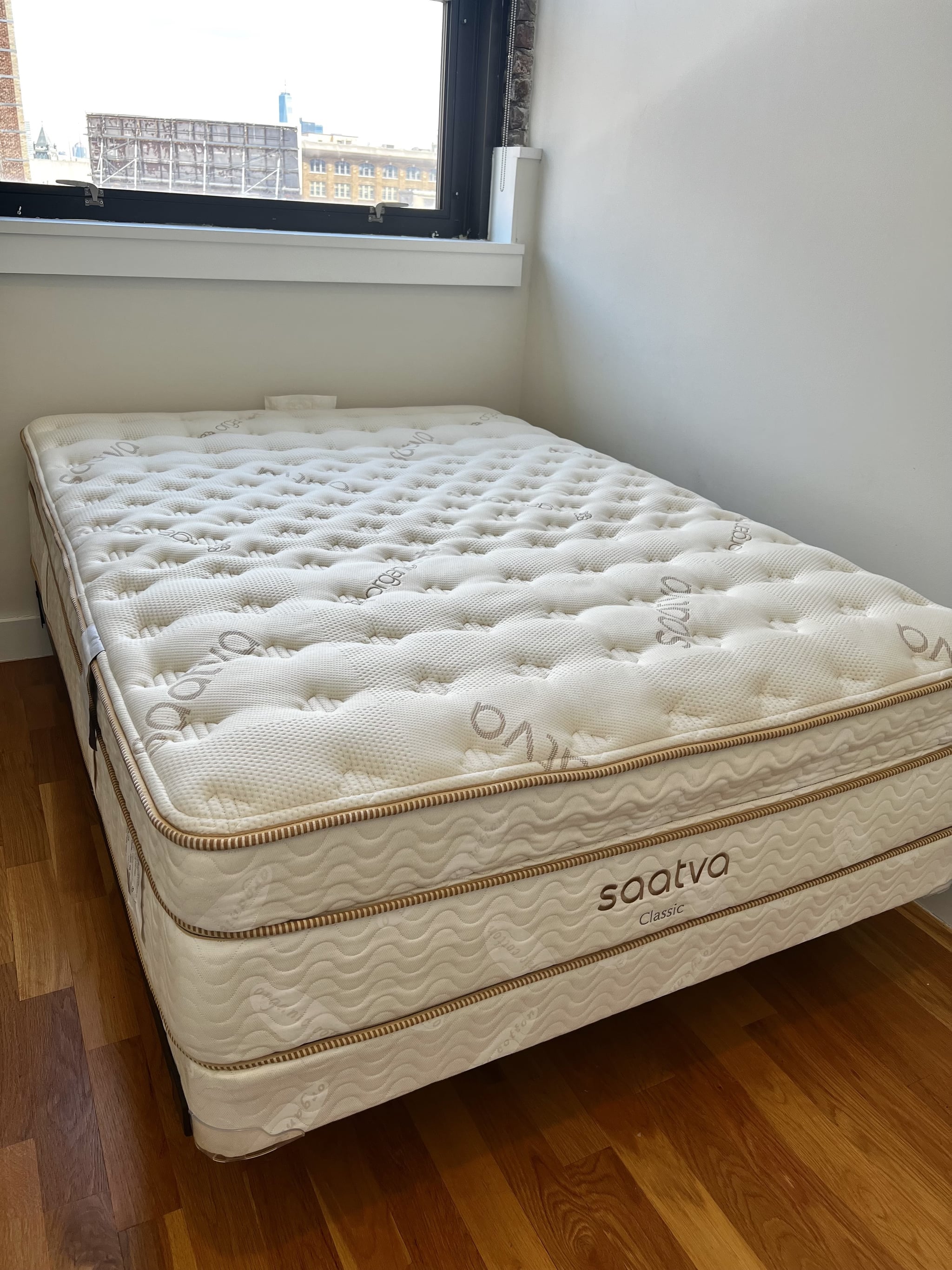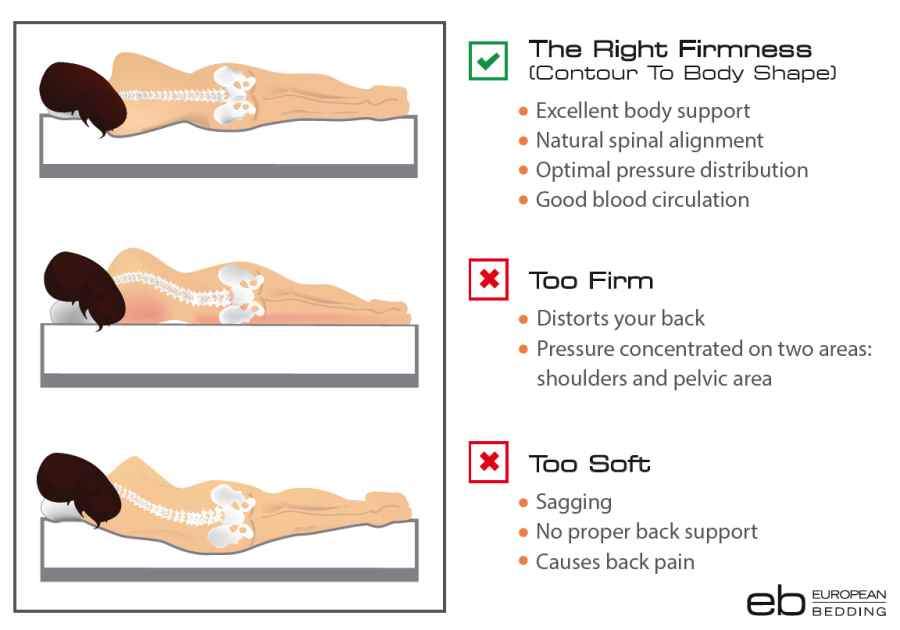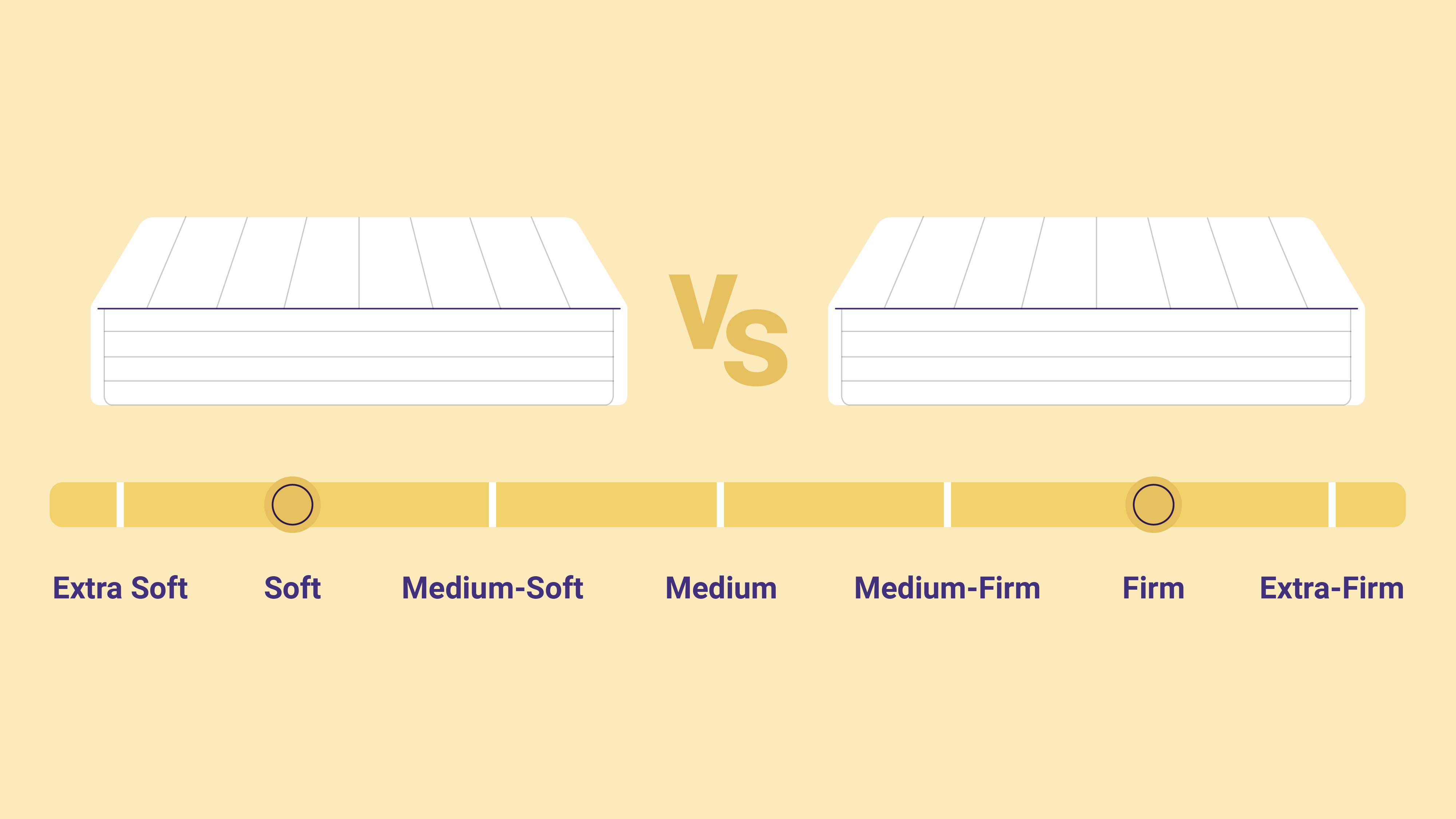Firm vs Soft Mattress: Which One is Right for You?
Choosing the right mattress can make all the difference in getting a good night's sleep. But with so many options on the market, it can be overwhelming to decide between a firm or soft mattress. Both have their own benefits and drawbacks, and ultimately, the decision should be based on your personal preferences and needs. In this article, we'll break down the differences between firm and soft mattresses and help you determine which one is right for you.
How to Choose Between a Firm and Soft Mattress
When it comes to choosing between a firm and soft mattress, the most important factor to consider is your sleeping position. Are you a side sleeper, back sleeper, or stomach sleeper? Each sleeping position requires a different level of mattress firmness for optimal comfort and support.
If you're a side sleeper, a soft mattress is typically the best option as it allows your hips and shoulders to sink in, keeping your spine aligned. Back sleepers, on the other hand, may prefer a firmer mattress to provide more support for their lower back. Stomach sleepers should also opt for a firmer mattress to prevent their hips from sinking in too much, which can lead to lower back pain.
The Pros and Cons of Firm and Soft Mattresses
Before making a decision, it's important to understand the pros and cons of both firm and soft mattresses. A firm mattress provides more support and can help alleviate back pain for some sleepers. However, it may be too hard for some people and cause discomfort or pressure points. On the other hand, a soft mattress can provide a more comfortable and cushioned feel, but it may not offer enough support for those with back pain.
Another factor to consider is the lifespan of the mattress. Generally, a firmer mattress tends to last longer than a soft one, as it doesn't sink in as much and can better maintain its shape over time.
Finding the Perfect Balance: Firmness vs Softness in a Mattress
So, what's the ideal firmness for a mattress? The truth is, there is no one-size-fits-all answer. It all comes down to personal preference and what feels comfortable for you. Some people may prefer a medium-firm mattress, which provides a balance of support and softness. Others may prefer an ultra-firm or ultra-soft mattress.
The best way to determine the right firmness for you is to test out different options. Visit a mattress store and try lying on different mattresses for at least 15 minutes each. This will give you a better idea of how the mattress feels and if it provides the right level of support for your body.
Firm or Soft: Which Mattress is Best for Your Sleeping Style?
As mentioned earlier, your sleeping position plays a crucial role in determining the right mattress firmness for you. But there are also other factors to consider, such as your weight and any existing health conditions. Generally, heavier individuals may benefit from a firmer mattress to prevent sinking in too much, while lighter individuals may prefer a softer mattress for more cushioning.
If you have any health conditions, such as chronic back pain or arthritis, consult with your doctor for their recommendations on the best mattress firmness for your needs.
The Importance of Choosing the Right Firmness for Your Mattress
Getting a good night's sleep is essential for our overall health and well-being. And choosing the right mattress firmness can greatly impact the quality of our sleep. A mattress that is too firm or too soft can cause discomfort, pain, and even disrupt our sleep patterns.
Additionally, the right level of support from a mattress can help prevent and alleviate back pain, neck pain, and other common sleep-related issues. So, take the time to find the perfect balance of firmness and softness in a mattress for a more restful and comfortable sleep.
Firm vs Soft: Understanding the Differences in Mattress Types
It's also important to note that different mattress types may have varying levels of firmness and softness. For example, memory foam mattresses tend to be on the softer side, while innerspring mattresses are generally firmer. Hybrid mattresses, which combine memory foam and innerspring coils, can offer a balance of both firmness and softness.
If you have a specific mattress type in mind, do some research to see how it compares to others in terms of firmness. This will help you narrow down your options and find the right fit for you.
How to Test for the Right Firmness in a Mattress
When testing out mattresses, there are a few things you can do to determine the right level of firmness for you. First, lie down on your back and see if your spine is aligned. If there's a gap between your lower back and the mattress, it may be too firm. If your lower back sinks in too much, it may be too soft.
You can also try lying on your side and see if your hips and shoulders are sinking in comfortably. If there's too much pressure on these areas, the mattress may be too firm.
The Benefits of a Firm Mattress for Your Health and Sleep
While personal preference is key when choosing a mattress, there are some benefits to opting for a firmer option. A firmer mattress can provide better support for your spine, promoting proper alignment and reducing back pain. It can also help alleviate pressure points and improve circulation.
Firm mattresses are also a great option for those who prefer to sleep on their back or stomach, as it can prevent these sleep positions from causing discomfort or pain.
Soft Mattress vs Firm Mattress: Which One is Better for Back Pain?
One of the most common reasons people switch to a new mattress is to alleviate back pain. But which type of mattress is better for back pain - firm or soft? The answer is not straightforward, as it ultimately depends on the individual's preference and condition.
Some people may find relief from back pain with a soft mattress, while others may need the extra support of a firmer mattress. The best way to determine the right fit for you is to test out different options and see which one feels the most comfortable and supportive for your back.
The Importance of Choosing the Right Mattress for Your House Design

The Impact of a Mattress on Your Sleep and Overall Health
 When it comes to designing your home, one of the most important elements to consider is your mattress. Not only does it play a crucial role in the overall aesthetics of your bedroom, but it also has a significant impact on your sleep and overall health.
Firm
or
soft
, choosing the right type of mattress can make all the difference in the quality of your sleep and how you feel when you wake up in the morning.
When it comes to designing your home, one of the most important elements to consider is your mattress. Not only does it play a crucial role in the overall aesthetics of your bedroom, but it also has a significant impact on your sleep and overall health.
Firm
or
soft
, choosing the right type of mattress can make all the difference in the quality of your sleep and how you feel when you wake up in the morning.
The Pros and Cons of a Firm Mattress
:max_bytes(150000):strip_icc()/SleeponLatex-b287d38f89374e4685ab0522b2fe1929.jpeg) A
firm
mattress is known for providing a sturdy and supportive surface for your body. This type of mattress is often recommended for people who suffer from back pain as it helps to keep the spine aligned while sleeping. It can also be beneficial for those who struggle with mobility as the firm surface makes it easier to get in and out of bed. However, some people may find a firm mattress to be too hard and uncomfortable, leading to pressure points and disrupting their sleep.
A
firm
mattress is known for providing a sturdy and supportive surface for your body. This type of mattress is often recommended for people who suffer from back pain as it helps to keep the spine aligned while sleeping. It can also be beneficial for those who struggle with mobility as the firm surface makes it easier to get in and out of bed. However, some people may find a firm mattress to be too hard and uncomfortable, leading to pressure points and disrupting their sleep.
The Benefits and Drawbacks of a Soft Mattress
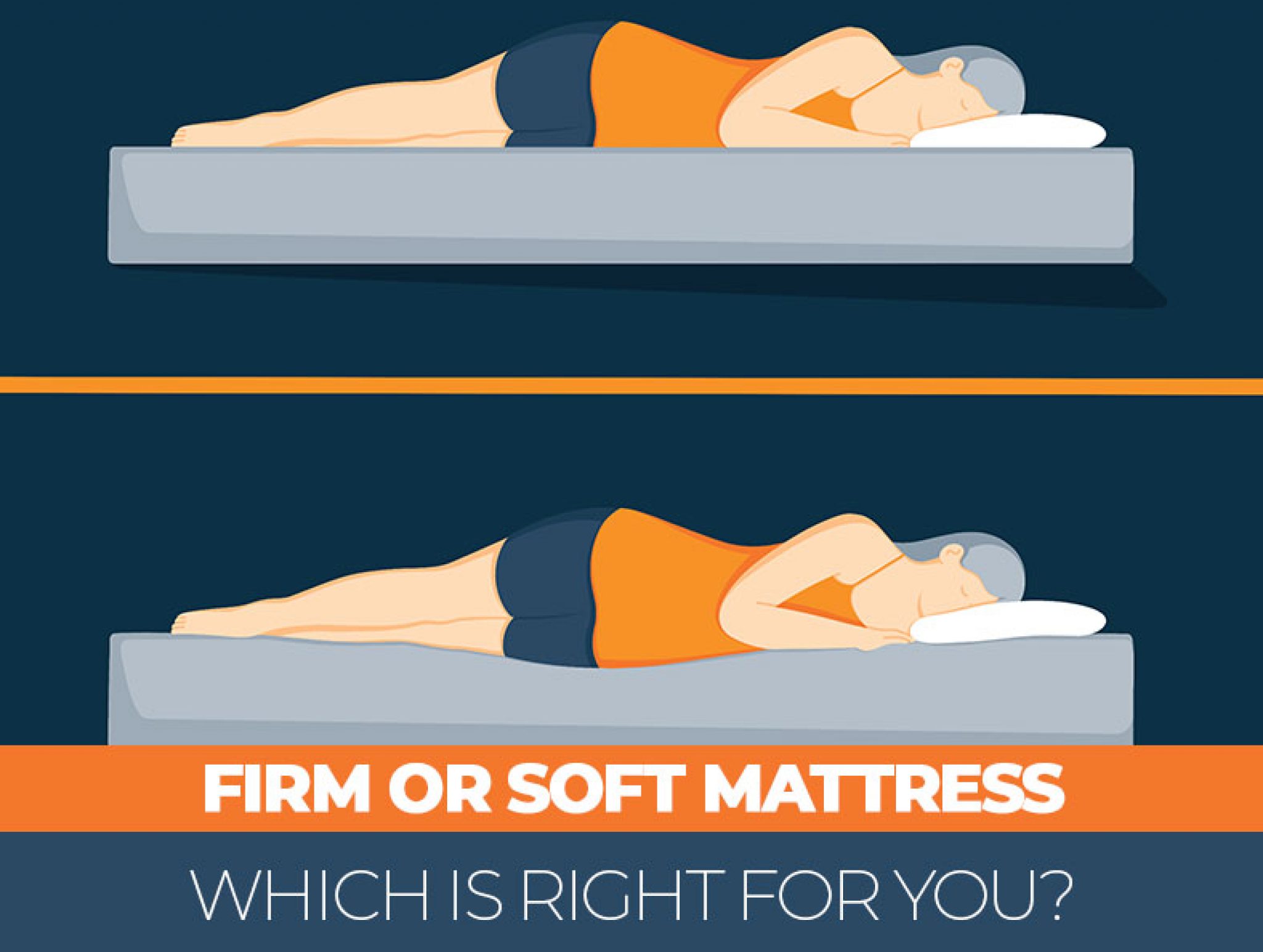 On the other hand, a
soft
mattress offers a plush and cushioned surface that can provide a sense of comfort and relaxation. It can also be beneficial for those who have joint pain as the soft surface can help alleviate pressure on the body. However, a soft mattress may not be suitable for everyone as it does not offer the same level of support as a firm mattress. People who struggle with back pain may find that a soft mattress does not provide enough support, leading to further discomfort.
On the other hand, a
soft
mattress offers a plush and cushioned surface that can provide a sense of comfort and relaxation. It can also be beneficial for those who have joint pain as the soft surface can help alleviate pressure on the body. However, a soft mattress may not be suitable for everyone as it does not offer the same level of support as a firm mattress. People who struggle with back pain may find that a soft mattress does not provide enough support, leading to further discomfort.
Considerations for Choosing the Right Mattress
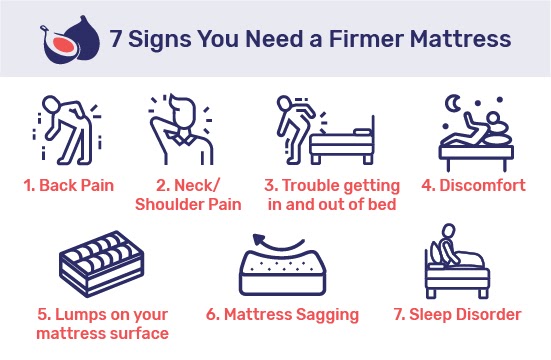 Ultimately, the decision between a firm or soft mattress will depend on personal preference and individual needs. It is important to consider factors such as your sleeping position, body weight, and any existing health issues when choosing the right mattress for your house design. It can also be helpful to test out different mattresses in-store or read reviews from others who have similar needs as you.
Ultimately, the decision between a firm or soft mattress will depend on personal preference and individual needs. It is important to consider factors such as your sleeping position, body weight, and any existing health issues when choosing the right mattress for your house design. It can also be helpful to test out different mattresses in-store or read reviews from others who have similar needs as you.
Final Thoughts
 A good night's sleep is essential for our physical and mental well-being, and choosing the right mattress is a crucial step in achieving this. Whether you prefer a firm or soft mattress, it is important to find one that provides the right balance of comfort and support for your body. With the right mattress, you can not only enhance the aesthetics of your house design but also improve the quality of your sleep and overall health.
A good night's sleep is essential for our physical and mental well-being, and choosing the right mattress is a crucial step in achieving this. Whether you prefer a firm or soft mattress, it is important to find one that provides the right balance of comfort and support for your body. With the right mattress, you can not only enhance the aesthetics of your house design but also improve the quality of your sleep and overall health.


